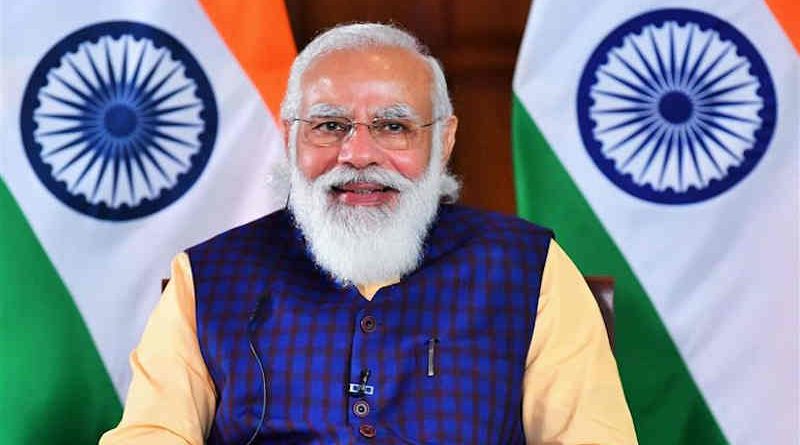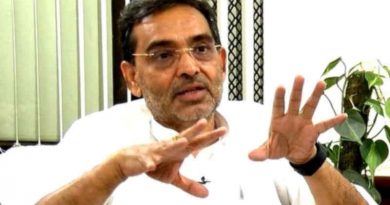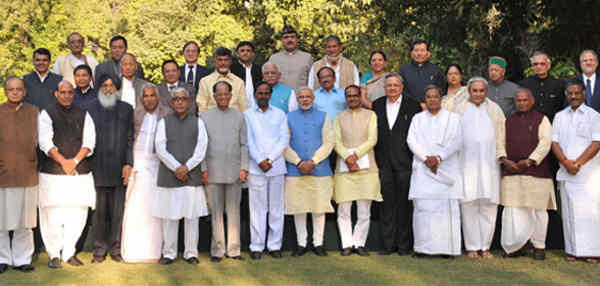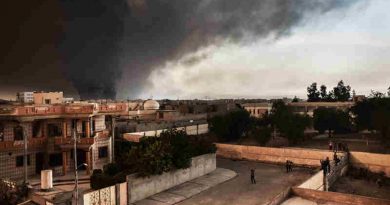World Report Accuses Modi Govt of Human Rights Violations in India
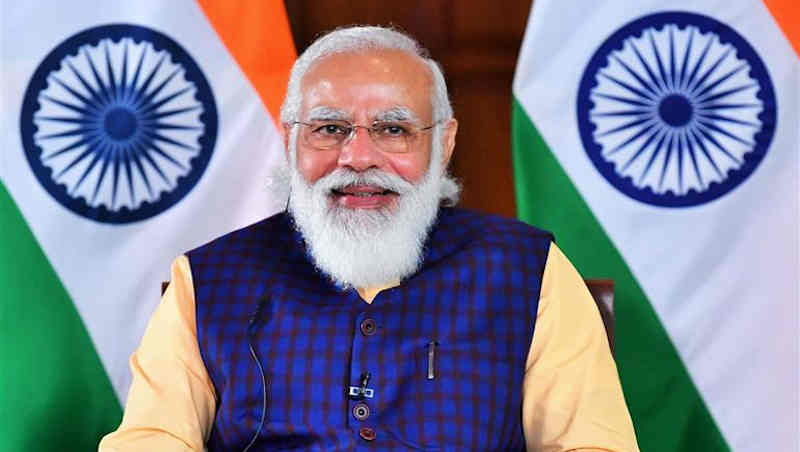
World Report Accuses Modi Govt of Human Rights Violations in India
Constitutional authorities like the National Human Rights Commission (NHRC), and those designed to protect the rights of children, women, religious minorities, tribal groups, and Dalits, did not function independently.
The Indian government, led by prime minister (PM) Narendra Modi of the Bharatiya Janata Party (BJP), persisted with policies that discriminate and stigmatize religious and other minorities.
This led to increasing incidents of communal violence in many parts of the country, including in Manipur state, where hundreds were killed in ethnic clashes. These are among the findings of Human Rights Watch (HRW) World Report 2024 released on January 13.
The report says that the police in BJP-governed states failed to properly investigate crimes against minorities while administrative officials responded by summarily punishing victim communities, including those who protested such abuses.
Constitutional authorities like the National Human Rights Commission (NHRC), and those designed to protect the rights of children, women, religious minorities, tribal groups, and Dalits, did not function independently.
Meanwhile, a petition was filed in October 2023 at the Complaint Procedure Unit of Human Rights Council Branch, Office of the United Nations High Commissioner for Human Rights, to remove and prosecute Arun Kumar Mishra, NHRC chairman, for his complicity in human rights violations in India.
The HRW report adds that the Modi government promoted the use of a digital public infrastructure to expand the delivery of social and economic services. However, those efforts were harmed by rampant internet shutdowns, lack of privacy and data protection, and uneven access among rural communities.
Indian authorities continued to restrict free expression, peaceful assembly, and other rights in Jammu and Kashmir. Reports of extrajudicial killings by security forces continued throughout the year.
In May, the G20 Tourism Working Group held a meeting in Kashmir, prompting the UN special rapporteur on minority issues to say that “the G20 is unwittingly providing a veneer of support to a facade of normalcy at a time when massive human rights violations” continued to escalate.
Allegations of torture and extrajudicial killings persisted, with the NHRC registering 126 deaths in police custody, 1,673 deaths in judicial custody, and 55 alleged extrajudicial killings in the first nine months in 2023.
In April, according to the HRW report, the Indian government denied permission to prosecute soldiers accused of killing six coal miners in Nagaland state’s Mon district in December 2021.
In June 2022, the state police had filed charges against 30 soldiers, including a major, after a special investigation team found the military had shot the miners “with a clear intention to kill.”
But the central government refused to sanction the prosecution, which is required for civilian legal actions to proceed under the colonial-era Armed Forces Special Powers Act (AFSPA). According to HRW, the law has long shielded India’s armed forces from being held accountable for grave human rights abuses in Jammu and Kashmir and several states in the northeast.
Authorities intensified efforts to silence civil society activists, independent journalists, and even political opponents through threats and by using politically motivated charges. In March 2023, for example, a court in Gujarat sentenced opposition leader Rahul Gandhi to two years in prison in a politically motivated defamation case.
Gandhi had raised corruption allegations in parliament against billionaire industrialist Gautam Adani, perceived to have close relations with PM Modi. The Supreme Court eventually suspended Gandhi’s conviction in August.
Indian authorities delayed the investigation into allegations of sexual abuse by a member of parliament from the ruling BJP and the president of the Wrestling Federation of India, Brij Bhushan Sharan Singh, despite weeks of protest by athletes.
In April, six women and a child filed complaints of sexual abuse with the police against Singh. However, the police only initiated an investigation after the complainants filed a petition in the Supreme Court.
In May, police forcibly tackled and temporarily detained protesting athletes, including two Olympic wrestlers. In June, the police finally charged Singh with sexual harassment, assault, and stalking. The case highlighted barriers to justice for sexual assault survivors in India, especially when the accused is powerful. The authorities did not properly enforce the law to address sexual harassment at work.
In July, according to the HRW report, the European Parliament adopted a resolution on the ethnic violence in Manipur, urging Indian authorities to take all necessary measures to protect religious minorities, not to criminalize government critics, to allow independent investigations into the violence, and to end the internet shutdown.
The Indian government condemned the resolution, calling it interference in internal affairs and reflective of a “colonial mindset.” European Union leaders, and the EU at the UN, remained reluctant to express concerns about human rights abuses in the country.
In June, the United States hosted Modi for a four-day state visit, which included him addressing a joint session of the US Congress. Many Indian diaspora activists and groups protested the Modi administration’s poor human rights record, and six Democrats boycotted his speech to Congress.
A White House spokesperson also strongly condemned the online harassment faced by a Wall Street Journal reporter who questioned Modi on the issue of religious minorities during a joint press conference with US President Joe Biden in Washington.
French President Emmanuel Macron invited Modi as the guest of honor for the July 14 military parade and awarded him the highest rank of France’s Legion of Honor. During the visit, India announced a multibillion-dollar arms deal with France, but the two countries failed to discuss human rights.
In April, Australia and India signed a trade deal, after a decade of negotiations. A month later, during Modi’s visit to Sydney, Australian Prime Minister Anthony Albanese avoided discussing Modi’s human rights record when questioned by the press, instead repeating his refrain that India was the world’s largest democracy.

